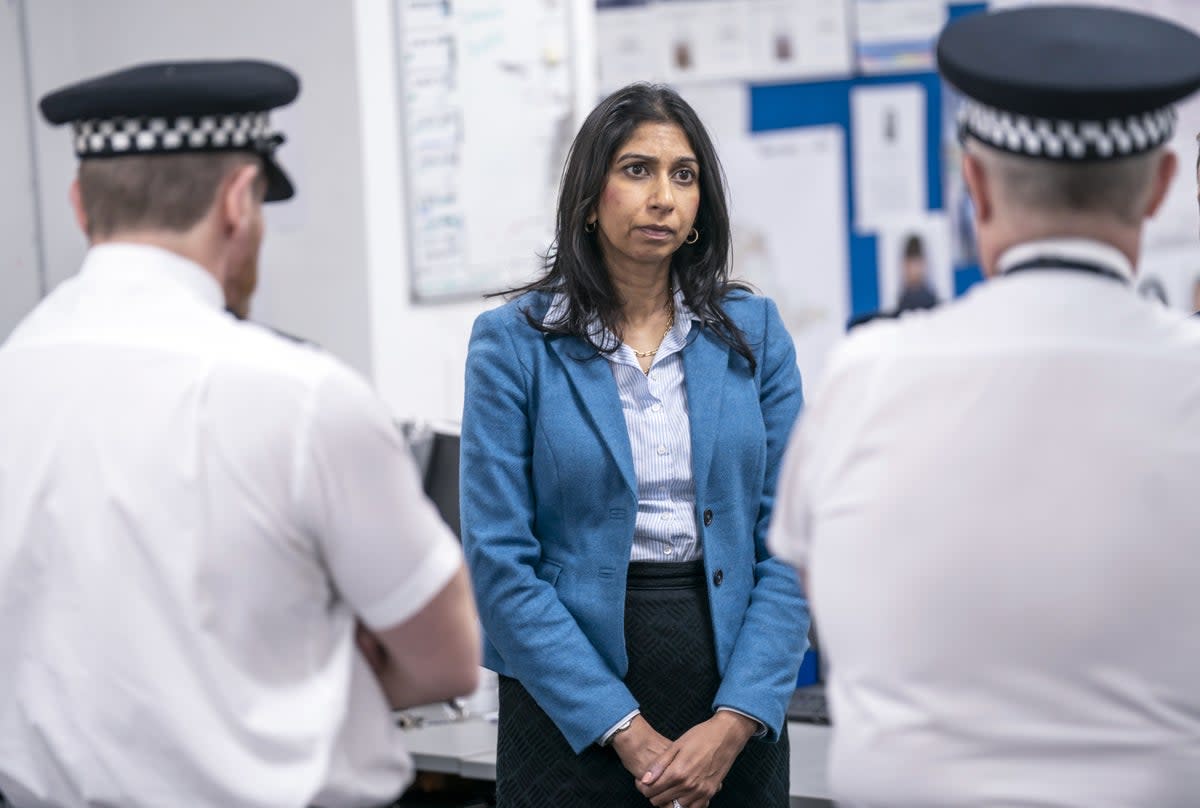Victims of modern slavery are being failed because the government programme designed to help them is at “breaking point”, a charity has warned.
There was a 38 per cent increase in the number of potential victims of modern slavery being referred for help to the National Referral Mechanism (NRM) – up from 3,317 in Autumn 2021 to 4,586 in the same period in 2022.
But charities have warned that many more victims are struggling to get help because the organisations that are allowed to refer them are swamped with requests.
The NRM is designed to identify modern slavery victims and prompts the Home Office to investigate their case. Anyone classified as a victim can get access to support, such as accommodation, legal aid and counselling but it can take years to get a final decision.
It is now taking over 520 days, on average, for suspected victims to get a decision – which would impact the immigration status of foreign nationals and whether or not the claimant could face criminal charges. This is up from around 450 days on average in 2019.
People cannot refer themselves to the NRM, instead, they must find a “first responder” who can take on their case and do the referral for them.
Police, councils, and border force can all act as first responders, along with 10 English charities selected by the Home Office. Kalayaan, one of the charities that has the authority, warned that the system is at “breaking point”.
In a report published on Wednesday, Kalayaan said: “This cannot continue. The result is that survivors, if and when they are identified, cannot access the one system used in the UK – the NRM – to be identified, safeguarded and offered support. This situation has been deteriorating for a number of years but it now reaches a breaking point.”
They said that due to the “overwhelming number of enquiries”, Kalayaan had to suspend accepting new referrals in January 2023. The Salvation Army, another first responder, also took the “unprecedented emergency measure” to suspend taking on new cases earlier this year. The service is now back up and running.
One charity, the Kanlungan Filipino Consortium, told The Independent that it was supporting 20 suspected victims, but had not yet been able to find anyone to take on their cases.

Avril Sharp, of Kalayaan, told the Human Trafficking Foundation Forum on Wednesday: “The sector cannot wait and more importantly survivors should not be made to wait that long.
“There are long-term solutions that the government could implement to assist and to alleviate the pressures being faced by everybody.
“The lack of capacity for first responders has a ripple effect that impacts everyone, from survivors to the police, to criminal prosecutions. The issue can be made quite simple; we need more non-statutory first responder organisations and an actual application process for other organisations to be able to apply.”
Some 12,727 potential victims of modern slavery were referred to the Home Office in 2021, however, the real number of victims in the UK is likely much higher. According to an estimate by the Centre for Social Justice and Justice and Care, there could be at least 100,000 victims of modern slavery in the UK.
Home secretary Suella Braverman has pointed to the significant increase in modern slavery claims to argue that our “laws are being abused by people gaming the system”. However, the Office for National Statistics has argued that the rise in referrals may reflect better awareness and identification of potential victims.
In 2021, 91 per cent of referrals were deemed genuine cases by the Home Office – something that the Office for Statistics Regulation said “does not suggest in itself that gaming is a growing problem”.
The Home Office has been contacted for comment.
